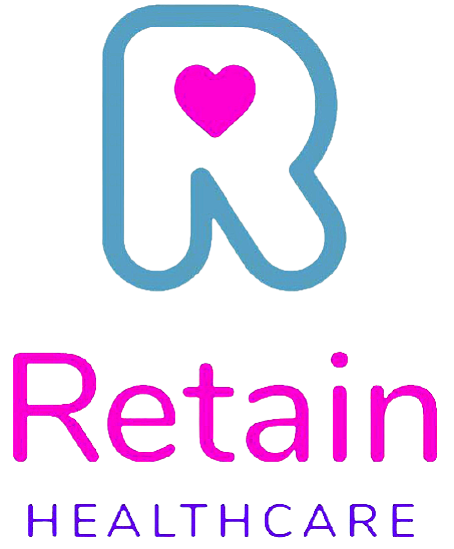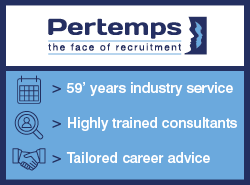In case you missed it see what’s in this section
Let's Talk
Your Total Guide To business

Training New Hires: A Brief Guide
It is exceedingly rare that a business retains all of its staff; even with a low turnover rate, you will find yourself with new hires that will need training. Therefore, ensuring that your training process for new hires is optimal should be a priority because it helps to communicate expectations and encourage productivity. Well-trained employees are the goal which is why we have put together this brief guide, so let's get into it.
The Importance of Onboarding
An employee's first day is usually busy, there is so much to go over, and it can be overwhelming for them. Onboarding is a great way to slowly introduce your new starters to the job by drip-feeding them the information they are more likely to retain it, and it can help to dispel some of the anxiety around starting a new job. Putting together a new starter package is recommended. Think about the things that your new starter will need to know; this could include log-in details, an itinerary or schedule for their first few days, a dress code, contact information and an introduction to the company.
Training Formats & Policies
The format in which you provide the training can also speak to its efficacy. You will also want to consider your policies regarding the training. Consider what the new hires need to know and how and when this should be delivered to them. Several methods exist, like mentorship, testing, on-the-job training and e-learning. Usually, a combination of methods tends to produce the best results depending on what the new hire is learning. For example, partnering them with a mentor during the probationary period provides them with a workplace ally. On-the-job learning provides them with practical applications of their learning and can increase retention. Finally, more general training is usually delivered via eLearning, such as the health and safety courses from iHasco.
Look for Ways to Improve
Whether you have experience training new hires or not, you should ask them for feedback on your training programme after every new batch of employees. It is always beneficial to find out what is working and what isn't when it comes to your training style. You might be surprised by the results. You can then make adjustments as necessary. It should always be about improving the programme for the next round of new hires. Asking for feedback from the new hires can easily become the final part of the training process. You could send out a questionnaire asking for feedback at the end of the new hire's probationary period.
Schedule Check-Ins
Finally, when training new hires, it is important to schedule regular check-ins to assess their progress. It provides you with an opportunity to give them some feedback; you can praise the progress that they have made and give them guidance or advice where they need it. You should do this for the duration of the probationary period and perhaps even a little longer until you are sure that they have settled in. It also helps the new hires to feel supported.
The Bottom Line
Developing a solid training programme for your new hires is important; it helps to form their first impression of the business as well as informing how well they will settle into the role. The tips above can help you construct your programme, as can ask current employers about their experience with the induction process and how it can be optimised for the next batch of new hires.
Weather in Bristol
Listings
















